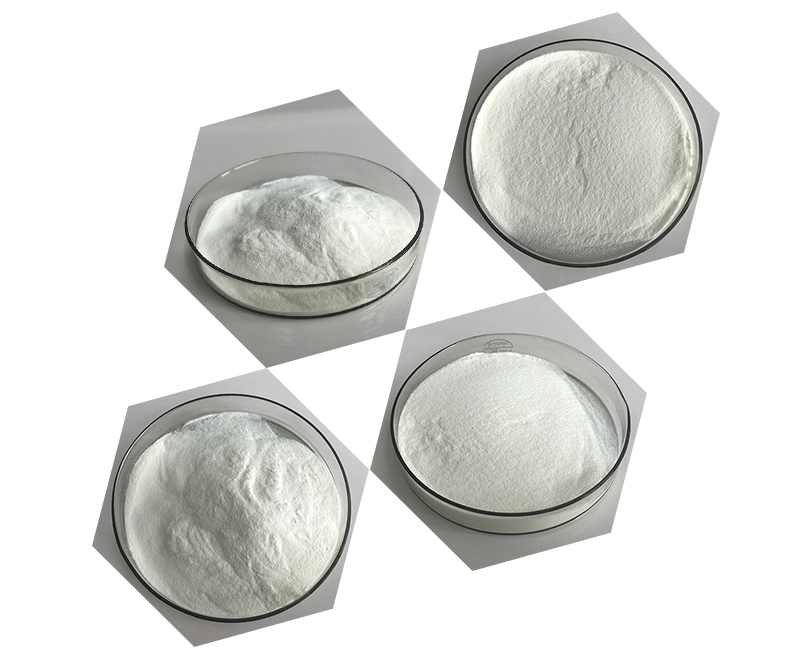Collagen and recombinant collagen differ primarily in their source and production methods:
1. Collagen (Natural Collagen):
- Source: Natural collagen is derived from animal tissues, such as skin, bones, and connective tissues of cows (bovine), pigs (porcine), or fish (marine collagen).
- Structure: Natural collagen exists in its native, triple-helix structure, which is ideal for many biological processes.
- Purity: Natural collagen may contain impurities, and its composition can vary depending on the animal source.
- Applications: Natural collagen is widely used in cosmetics, medical treatments (such as wound healing), and supplements, often as a powder or in injectable form.
- Ethical/Health Concerns: Animal-derived collagen can pose issues related to ethical concerns (animal welfare) and risks of disease transmission, though these are mitigated by rigorous purification processes.

2. Recombinant Collagen:
- Source: Recombinant collagen is produced using biotechnological methods, where the collagen gene is inserted into microorganisms (like bacteria, yeast, or mammalian cells). These organisms then produce the collagen.
- Structure: Recombinant collagen can be engineered to produce specific forms of collagen (such as type I, II, or III), and its structure can sometimes be modified to enhance certain properties (e.g., stability or functionality).
- Purity: Recombinant collagen can be produced with high purity and more consistency because it is synthesized in a controlled environment.
- Applications: Recombinant collagen is used in research, pharmaceuticals, tissue engineering, and high-end cosmetics, especially where specific qualities like reduced immunogenicity or high precision are important.
- Ethical/Health Concerns: Recombinant collagen can be considered a more ethical alternative to animal-derived collagen, especially in applications where vegan or animal-free products are preferred.

Key Differences:
- Source: Collagen comes from animals, while recombinant collagen is bio-engineered.
- Control Over Composition: Recombinant collagen offers more control over the molecular structure and properties.
- Purity and Consistency: Recombinant collagen tends to be more consistent and pure.
- Ethics: Recombinant collagen avoids issues tied to animal sourcing, which can be important for vegan or ethical concerns.
In short, recombinant collagen is a lab-engineered alternative to natural collagen, offering specific advantages in terms of purity, safety, and ethical sourcing.
